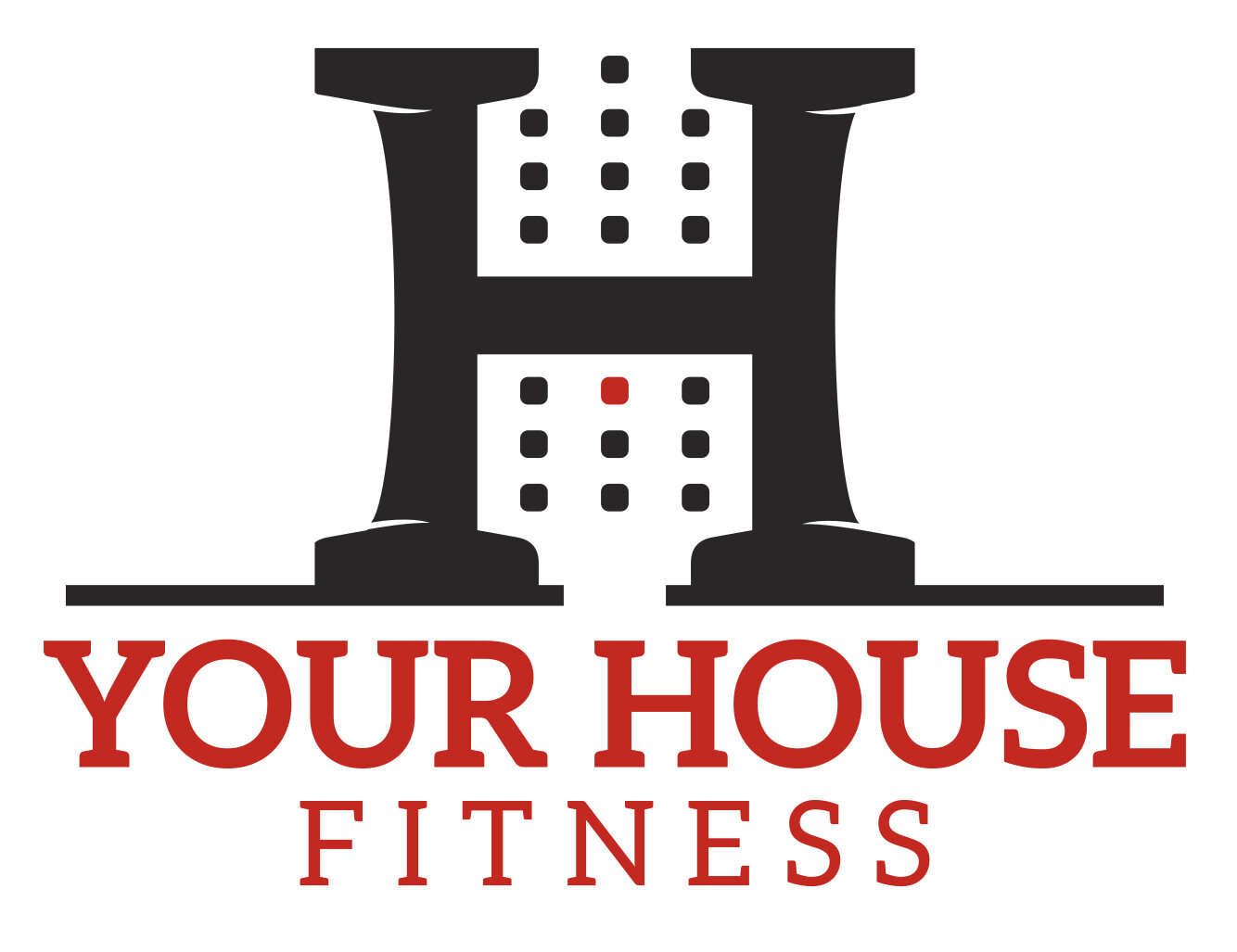The Importance of Protein for the Body and Developing Lean Muscle
Table of Contents
What Is Protein?
Protein is an essential macronutrient that we need in our diet. It supports and drives the growth, maintenance, and repair of cells and the production of hormones and enzymes. Simply put, protein is the building block of our body.
How Much Protein to Build Muscle a Day
The universally recommended daily protein intake is 0.8 grams per kilogram of bodyweight. However, for people who exercise regularly, a daily intake of 1.4–2.0 g of protein per kg of body weight is sufficient for developing mass. For those who undergo intense training frequently, protein intake can be as much as 1 g of protein per pound of body weight or higher. These guidelines apply to both men and women.
How Much Protein Should I Have after a Workout?
Post-training meal is essential for recovery. Generally, one should aim to consume 0.5 grams of protein per kg bodyweight within 90 minutes after a workout to replenish nutrition and facilitate growth. You can adjust your protein intake according to your activity level.
What Are the Differences Between Different Protein Sources?
An egg and chickpeas both contain protein but are two completely different protein sources. How are their protein contents different? Besides quantity, protein quality is an important factor in consumption that must be considered. Protein quality refers to a protein source's essential amino acid content and digestibility. There are nine essential amino acids that our body cannot produce and must rely on diet. Therefore, not all proteins provide the proper amounts of the amino acids necessary for adequate growth and development. Complete proteins contain all nine essential amino acids and have high biological value. Most animal-based foods have complete protein.
On the other hand, incomplete proteins are deficient in one or more essential amino acids, mostly appearing in plant-based food. Therefore, eating animal proteins can maximize gains. If you are vegan, consume plant-based food from multiple sources to acquire the essential amino acids needed.
Is Overeating protein a Bad Thing for the Body?
Although protein is a critical component of our health performance, consuming more than you need could be detrimental to functioning and health. Excessive protein that is not used can be stored as fat in our body and lead to weight gain. The current research has conflicting findings regarding the effect of protein over-consumption on metabolic health, with some research suggesting a burden on the bones, kidneys, and liver and some supporting higher protein consumption. Nevertheless, we typically do not need excessive protein. Distribute your protein intake throughout the day and consume adequate fats and carbohydrates for optimal performance!
Best Protein Supplements for Muscle Gain
Prioritize real food over processed food. However, if you have trouble getting an adequate amount of protein, you can take protein supplements. The best options are animal-based protein powder, whey, and casein. Whey and casein proteins are milk-based products that contain all nine essential amino acids. Whey protein is very high-quality and supports performance during regular exercise. Casein is digested more slowly and has an anticatabolic effect.
If you are lactose-intolerant or cannot have milk-based products, there are various plant-based protein powders that you can take. Although plant-based protein powders are generally considered inferior to milk-based, they are still an efficient way to reach your daily protein goals. Pea protein powder would be a great option over soy protein. Always remember to do your research before purchasing to get what you need!


